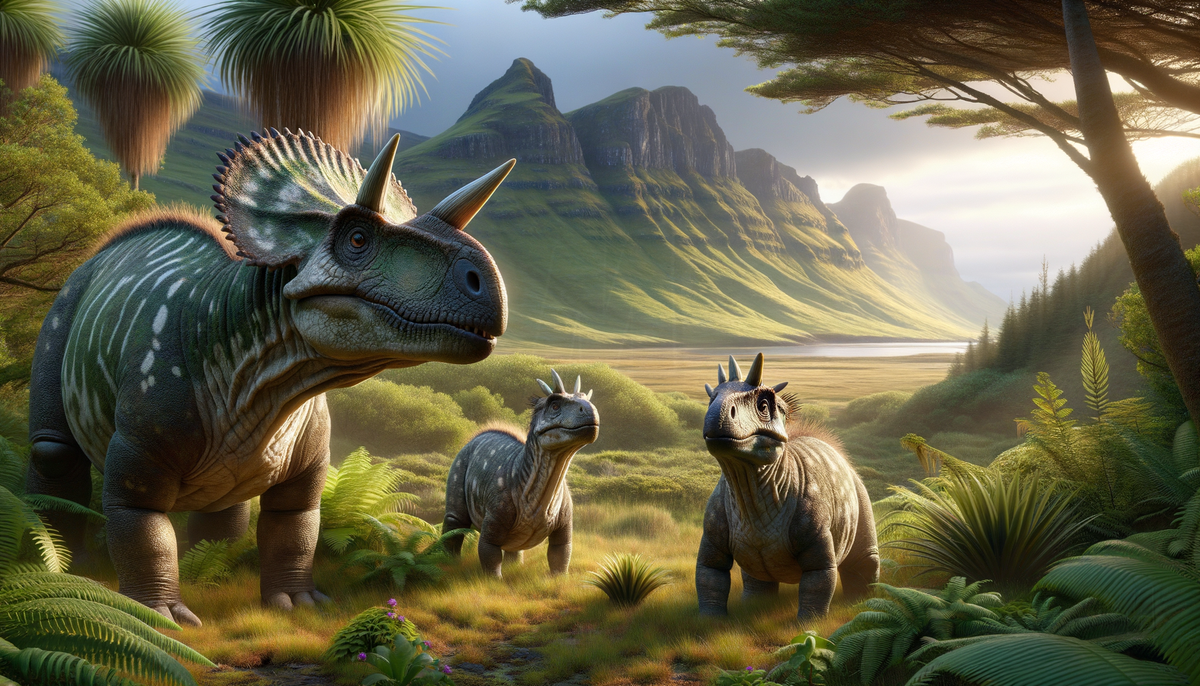Jurassic fossils reveal slow growth and long lifespans in ancient mammals

Fossils discovered on the Isle of Skye in Scotland have provided new insights into the life expectancy and growth patterns of small mammals during the Jurassic period. The remains, identified as Krusatodon kirtlingtonensis, include an adult specimen estimated to be around seven years old and a juvenile between seven months and two years old. These fossils, unearthed decades apart and analyzed using X-ray imaging to count growth rings on the teeth, suggest that these small mammals had longer lifespans and extended periods of parental care compared to their modern counterparts.
The findings, led by researchers from National Museums Scotland, indicate that small mammals during the Jurassic period experienced slower growth rates and longer "childhoods." This discovery reveals a significant shift in growth patterns, although the exact causes remain unclear. Potential factors include environmental changes or evolutionary developments such as warmer blood and faster metabolisms. The fossils are among the most complete of their kind from this era and are part of Scotland’s National Collection, providing valuable resources for ongoing and future research.




